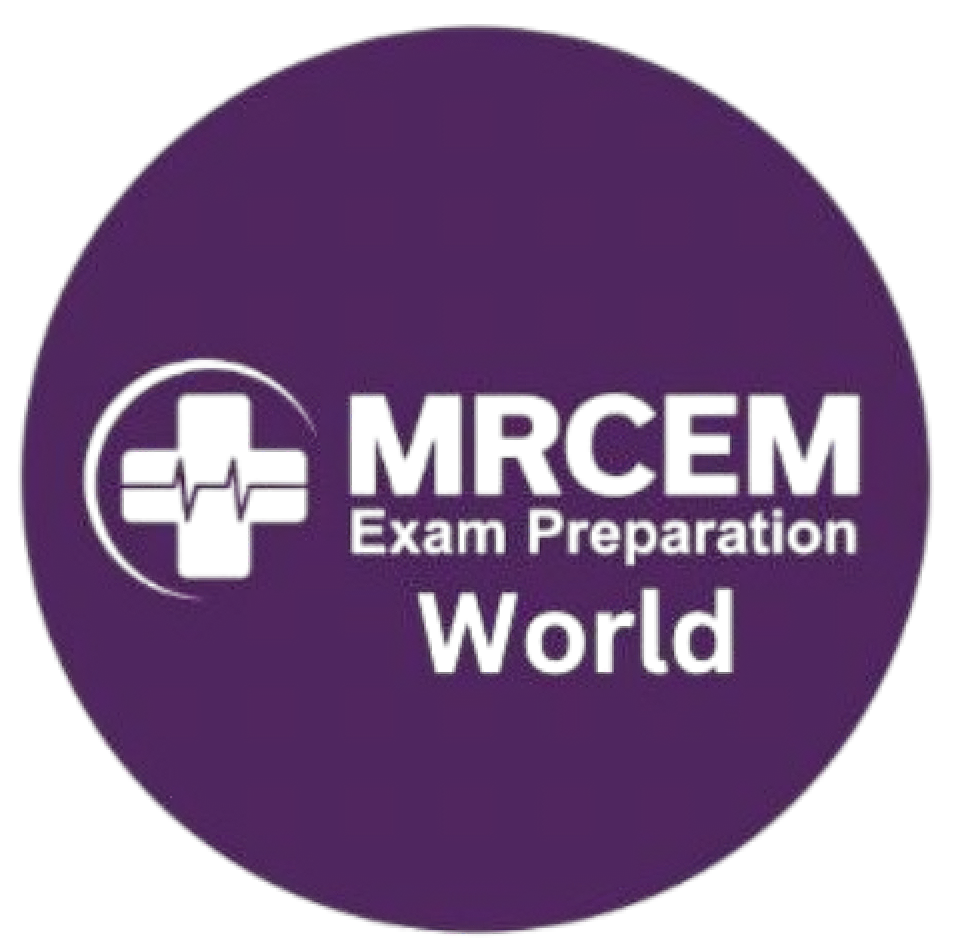Introduction
Navigating the MRCEM (Membership of the Royal College of Emergency Medicine) syllabus is essential for effective exam preparation. Understanding the content and structure of the syllabus can help you focus your study efforts and optimize your chances of success. In this guide, we’ll delve into everything you need to know about the MRCEM syllabus and how to navigate it effectively.

Understanding the MRCEM Syllabus
The MRCEM syllabus outlines the knowledge and skills required to excel in emergency medicine. It covers a wide range of topics across basic sciences, clinical medicine, and practical skills, reflecting the diverse competencies expected of emergency medicine professionals.
Basic Sciences
The MRCEM syllabus includes fundamental concepts from disciplines such as anatomy, physiology, pharmacology, pathology, and microbiology. Candidates are expected to demonstrate a strong understanding of these basic sciences and their relevance to emergency medicine practice.
Clinical Medicine
Clinical medicine topics encompass the diagnosis, management, and treatment of various medical conditions encountered in emergency medicine settings. This includes areas such as cardiology, respiratory medicine, neurology, trauma, toxicology, infectious diseases, and pediatric emergencies.
Practical Skills
In addition to theoretical knowledge, the MRCEM syllabus emphasizes practical skills relevant to emergency medicine practice. This includes procedural skills such as airway management, vascular access, wound care, fracture management, and resuscitation techniques.
Navigating the MRCEM Syllabus Effectively
To navigate the MRCEM syllabus effectively and optimize your exam preparation, consider the following strategies:
Review the Syllabus Outline
Start by reviewing the MRCEM syllabus outline provided by the Royal College of Emergency Medicine. Familiarize yourself with the content domains, subtopics, and learning objectives outlined in the syllabus to understand the breadth and depth of exam coverage.
Break Down the Topics
Break down the syllabus topics into manageable study units or modules based on their complexity and relevance. Organize these topics sequentially or thematically to facilitate systematic study and retention of information.
Prioritize High-Yield Topics
Identify high-yield topics and areas of emphasis within the syllabus based on past exam trends, practice guidelines, and expert recommendations. Allocate more study time to these critical areas while ensuring adequate coverage of all syllabus topics.
Use Multiple Resources
Utilize a variety of study resources to cover the MRCEM syllabus comprehensively. This may include textbooks, online courses, review articles, clinical guidelines, practice questions, and educational videos. Choose resources that align with your learning style and preferences.
Incorporate Active Learning Strategies
Engage in active learning strategies to enhance understanding and retention of syllabus material. This may include summarizing key concepts, teaching others, discussing clinical cases, participating in interactive workshops, and practicing procedural skills.
Assess Your Progress Regularly
Regularly assess your progress and understanding of syllabus topics through self-assessment quizzes, practice exams, and peer feedback. Identify areas of weakness or gaps in knowledge and adjust your study plan accordingly to focus on areas requiring further review.
MRCEM Seek Guidance and Support
Seek guidance and support from experienced mentors, faculty members, or study groups to navigate the MRCEM syllabus effectively. Collaborate with peers, participate in study sessions, and leverage the expertise of professionals in emergency medicine to enhance your learning experience.
MRCEM Conclusion
Navigating the MRCEM syllabus is a crucial step in preparing for the exam. By understanding the content domains, breaking down topics, prioritizing high-yield areas, using multiple resources, incorporating active learning strategies, assessing progress regularly, and seeking guidance and support, you can navigate the syllabus effectively and optimize your exam preparation efforts. With dedication, perseverance, and strategic study planning, you can master the MRCEM syllabus and confidently approach the exam day.







